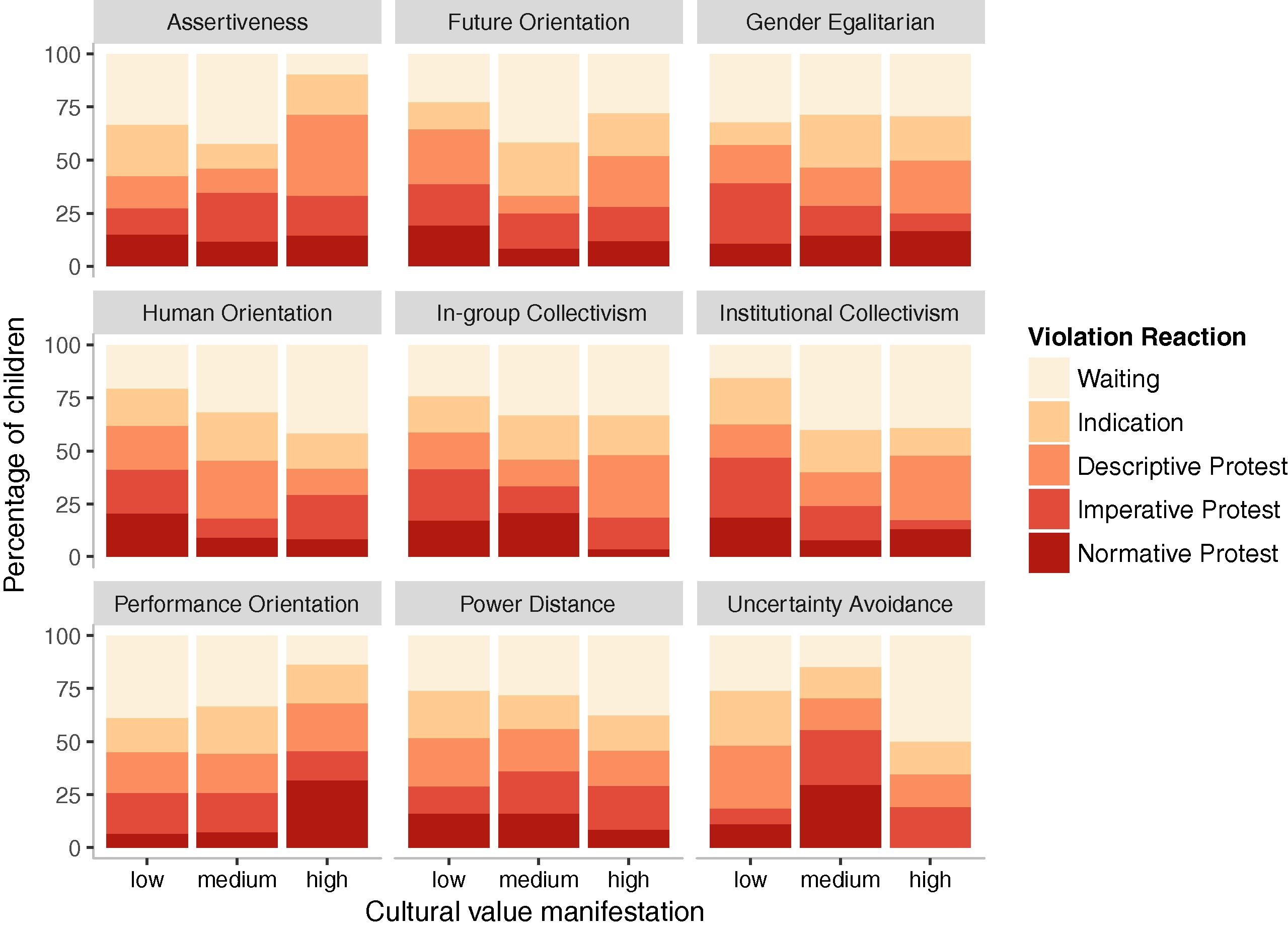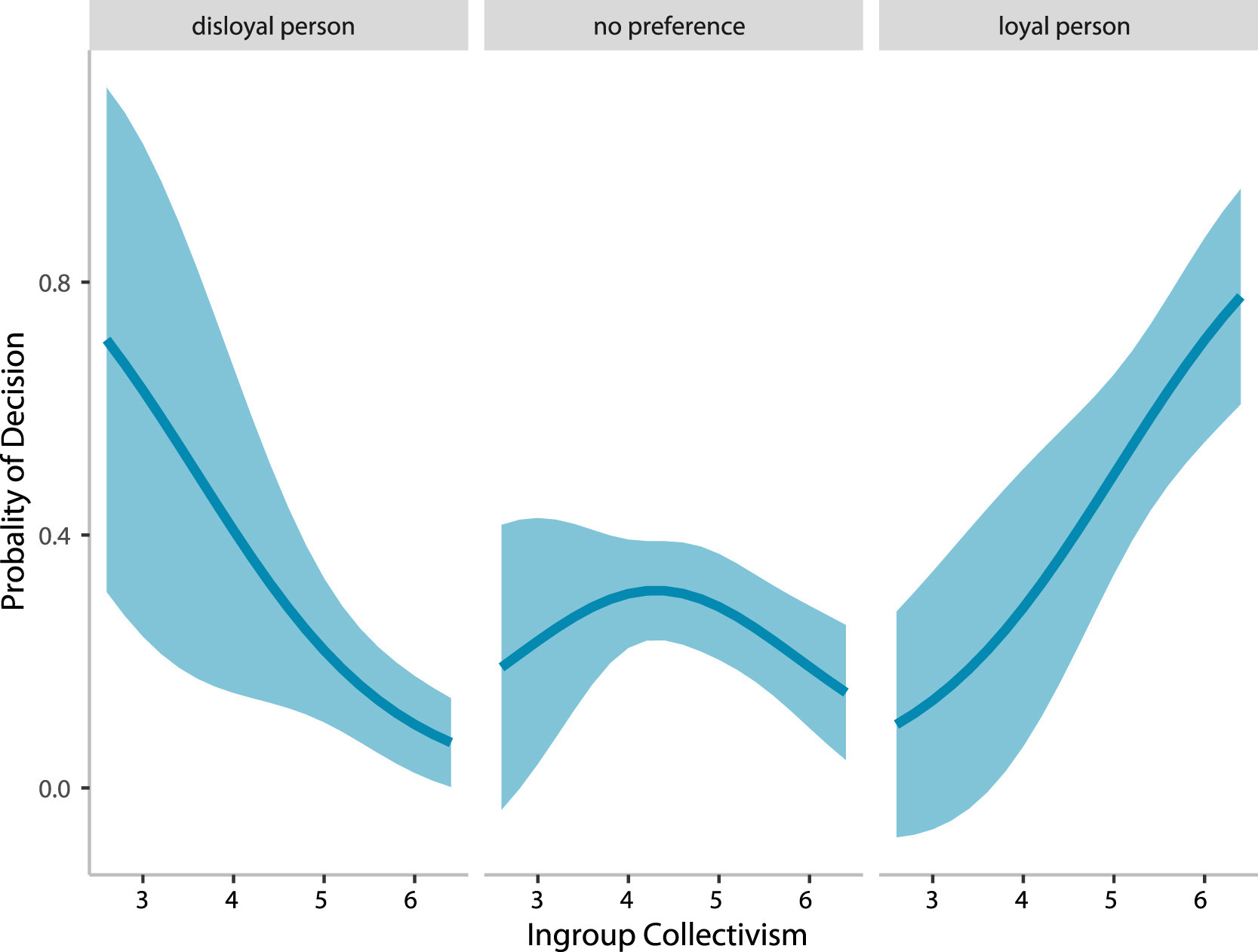
Create a social identity
When we interact with each other, we don’t just exchange pure information. We also discuss how to behave in certain situations and why this should be so. Social norms regulate the way we behave in groups. We share a set of social norms,
which means that we agree on how things should be done. Children from the age of 3 understand social norms as such and enforce these norms in interactions with others. Children with parents from different cultural backgrounds receive
divergent information during socialisation about when and how to behave when a norm is violated. Their challenge is to find their social identity between two cultural models.
In this research project I am investigating: Which norms apply to children in which cultures? Do intercultural children adhere to and enforce all the norms they are exposed to? How and when do they react to norm violations and are
these reactions driven by their cultural background or by their experiences with divergent styles?
Gampe, A., Blaumeiser, J., & Daum, M. M. (2022). Children’s group loyalty is related to parental in-group collectivism. Cognitive Development, 61, 101130.
https://doi.org/10.1016/j.cogdev.2021.101130
Haun, D., Liebal, K., Amici, F., Bender, A., Bohn, M., Bräuer, J., Buttelmann, D., Burkart, J., Cacchione, T., Detroy, S., Faßbender, I., Fichtel, C., Fischer, J., Gampe, A., Gray, R. D., Horn, L., Ona, L., Kärtner, J., Kaminski, J.,
Kanngießer, P., Keller, H., Köster, M., Kopp, K., Kornadt, H.-J., Rakoczy, H., Schuppli, C., Stengelin, R., Trommsdorff, G., Van Leeuwen, E., & Van Schaik, C. (2020). Ein Plädoyer für die Relevanz der Vergleichenden Psychologie
für das Verständnis menschlicher Entwicklung. Psychologische Rundschau, 71(1), 40-41.
https://doi.org/10.1026/0033-3042 /a000466
Gampe, A., & Daum, M. M. (2018). How preschoolers react to norm violations is associated with culture. Journal of Experimental Child Psychology, 165, 135–147.
https://doi.org/10.1016/j.jecp.2017.06.009


